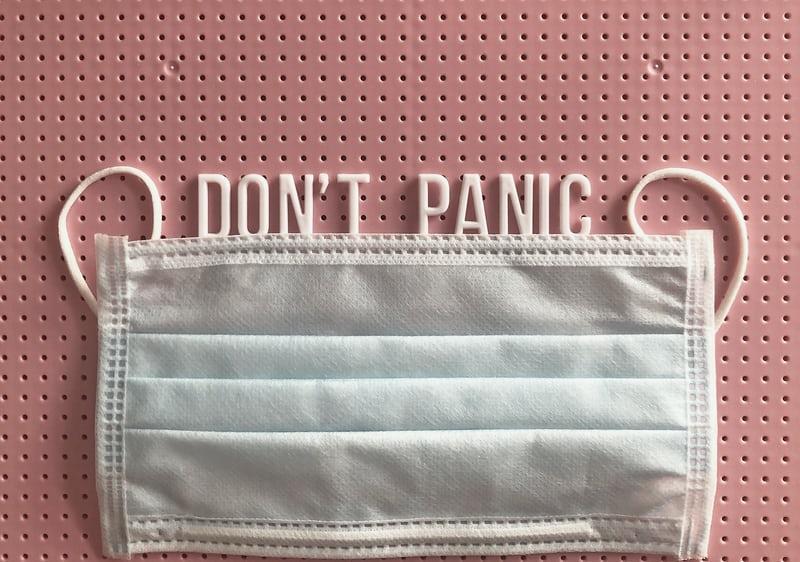By Edward Mugambi
For most students, college is a fun and exciting time. Part of life at university is learning about other subjects that interest you, expanding your social network, and discovering who you are – a step toward adulthood. Of course, there are many pressures and obstacles for students. For instance, classes can be challenging, relationships can change, and keeping up with new assignments can be stressful.
If you suffer from panic attacks, college can be even more frustrating. You may feel ashamed of your anxiety symptoms and try to hide them from other students. You may worry about having a real panic attack in class or at a social event. Despite all this added stress, people with panic disorder can enjoy a rewarding time at college. Here are some tips for dealing with a panic disorder while in school:
Ask for Help
Most colleges and universities offer one on one counseling sessions. Some university programs can also help. For example, clinical psychology and doctoral counseling programs direct students to free or low-cost services. In addition, some colleges and universities have health centers that provide mental health services.
If there are no treatment options on campus, the university health center should be able to provide information about local clinics and therapists. You can also find a local mental health provider by searching online or in a phone book. It may take some time to get an appointment. Therefore, try to contact them as soon as symptoms appear. The sooner you seek treatment, the better you will be able to manage your panic attacks.
Create a coping plan
After seeking professional help and getting the right diagnosis, it’s time to develop a coping plan. For example, you can begin managing your symptoms by attending scheduled counseling sessions, participating in anxiety support groups and following your prescription medication plan.
As you find different ways to manage panic disorder, you will experience challenges and successes along the way. This is normal and will only help you better understand yourself and how to manage your situation. It may be helpful to track your progress using a journal or panic diary. Documenting your interactions will help you identify your reasons, your most helpful coping mechanisms, and your overall progress.
Talk to close friends
Teachers, classmates, colleagues, acquaintances, and lovers also play an important role in students’ lives. Many people with panic disorder prefer to hide their symptoms for fear that others will unfairly criticize them for their illness. In some cases, it is best not to tell anyone about your panic disorder until you know about it. Unfortunately, there are many misconceptions about panic attacks that can affect how they are perceived by others. Only explain your situation to those with whom you are close friends.
Take care of yourself
With the variety of possible activities and workloads at the university, make sure you take the time you need for your personal needs.
Your daily care should include activities that enhance your physical, artistic, mental, and social life. Here are a few examples:
- Body: adequate rest, daily exercise, and proper nutrition.
- Creative: art classes, journaling, or instrument practice
- Spiritual: reflection, reading inspired literature, or attending church services
- Networking: participation in campus clubs, campus activities, volunteer service
Whatever activity you choose, make time for your personal health and well-being.
